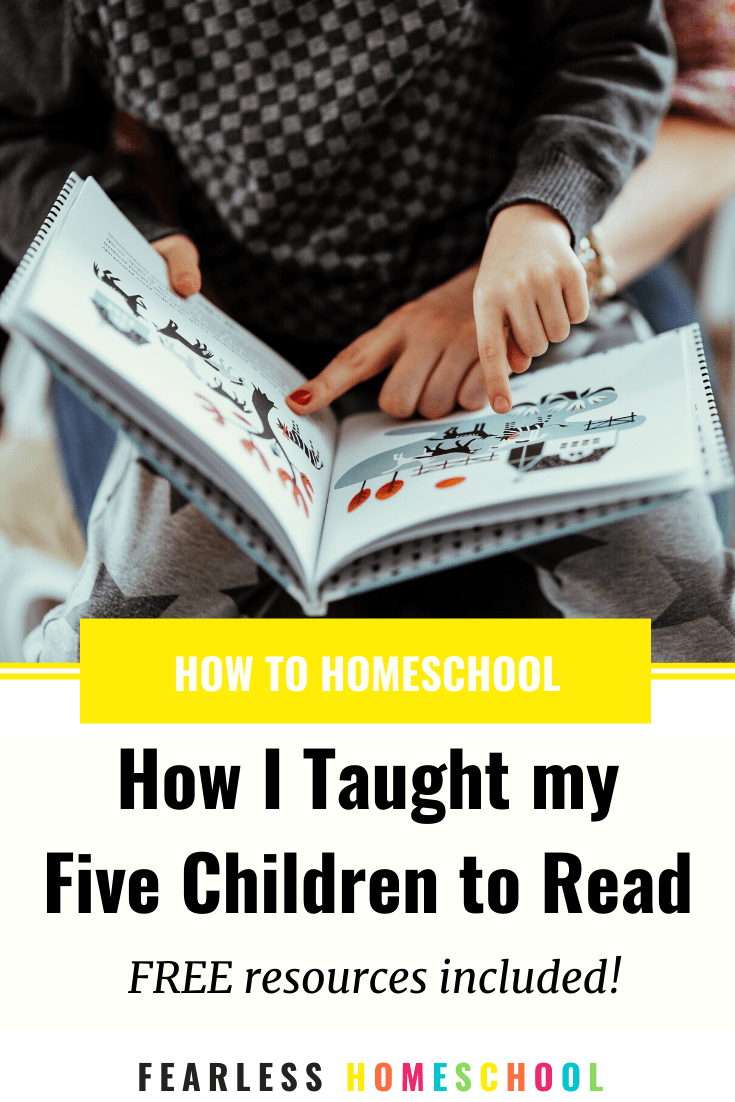
I have a problem with the title of this post. Yes, I wrote it, but it needed to be short, snappy and clear to people who were looking for information.
How I Facilitated my Five Children in Becoming Confident, Voracious Readers was simply too long and confusing. But here’s why I think the second title would be far more suitable.
For some strange reason, we give all the praise to the teacher. I have been told a number of times how great a teacher I am. When my girls were young and reading in public people would come over and shower me with praise, while my seven year old reading chapter books was mostly ignored. Maybe they got a slightly patronising pat on the head, and asked whether they were enjoying their book in that ‘special’ voice reserved for kids (does that put your teeth on edge too?).
My opinion is different. I haven’t even put in a hundredth of the effort my kids have. All I do is show them how to decode the language, step by step.
They manage to remember it all – the varying letter sounds, the tricky and sometimes senseless digraphs, the spelling rules that seem to have more exceptions than inclusion – and apply it.
It takes me less than an hour a week. They will practice for hours and hours, over years, before they truly master it.
Therefore, the child is the one who deserves recognition of her effort.
Anyway, rant over. But I think it serves to put your role into perspective – the learner is the most important part of your duo. You simply supply the tools, the time, and the guidance. And the fun!
Without further ado, here’s how we helped five kids to become avid and competent readers.
Step 1 – Promote a love of reading
Don’t start with the reading programs! Learning any skill needs motivation. Loving books provides that motivation for your child.
Buy kids books as presents, take them to the library and encourage them to borrow whatever they like, provide quiet time for them to read (yes, just studying the pictures is great), and promote books as precious stores of enjoyment and knowledge.
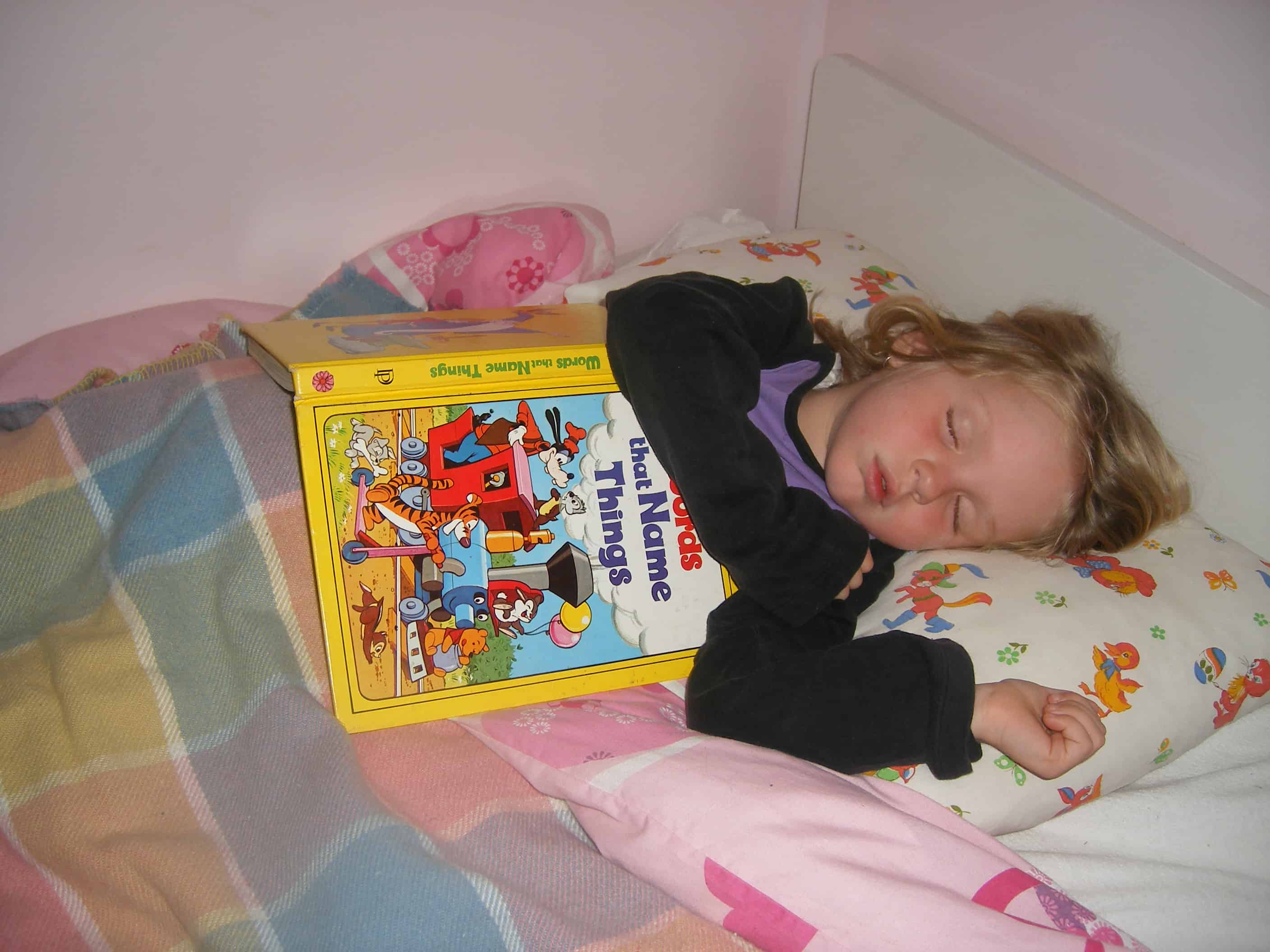
And of course, read aloud. Reading aloud is the best thing you can do. If you can start young do so, but if they’re older you can’t start any earlier. Read anything that they want you to – kids of most ages still enjoy picture books.
Sometimes you’ll be bored – I have to read Rex his train and truck books ALL THE TIME. But because I do, his main motivation for doing reading lessons has been so he can read them himself. Kids don’t want to wait around until you have the time.
A personalised reading from you is always best, but feel free to supplement with audiobooks. They’ll also help you become a better reader – quality audiobooks are read by people with style and flair, and you can adopt any techniques that you enjoy.
We use Libby and BorrowBox, which are apps we can use with our library memberships that have thousands of audiobooks available free.
We also celebrate milestones. When mine were capable of reading an Enid Blyton book independently (I have a set of about 70 from when I was young, and they’re treasured) I made them their own library bag in the fabrics of their choice. They were always so proud to take it to the library, with their card tucked in the pocket, and borrow their own books.
Step 2 – Use simple but effective resources WHEN YOUR CHILD IS READY
I know there are all those programs claiming to Teach your Baby to Read! etc, but they’re not realistic. The National Curriculum isn’t much better, drilling reading skills at a young age.
With such high expectations it any wonder so many kids end up in so-called remedial reading, with long-term feelings of being a dummy? They’re not remedial, they’re just not ready!
Instead, wait until your child is interested and is making progress. If you begin and your child is struggling with the basics, simply put it off for a few months. When they’re ready they’ll fly through it, so there’s no point forcing it early and making it harder than it needs to be.
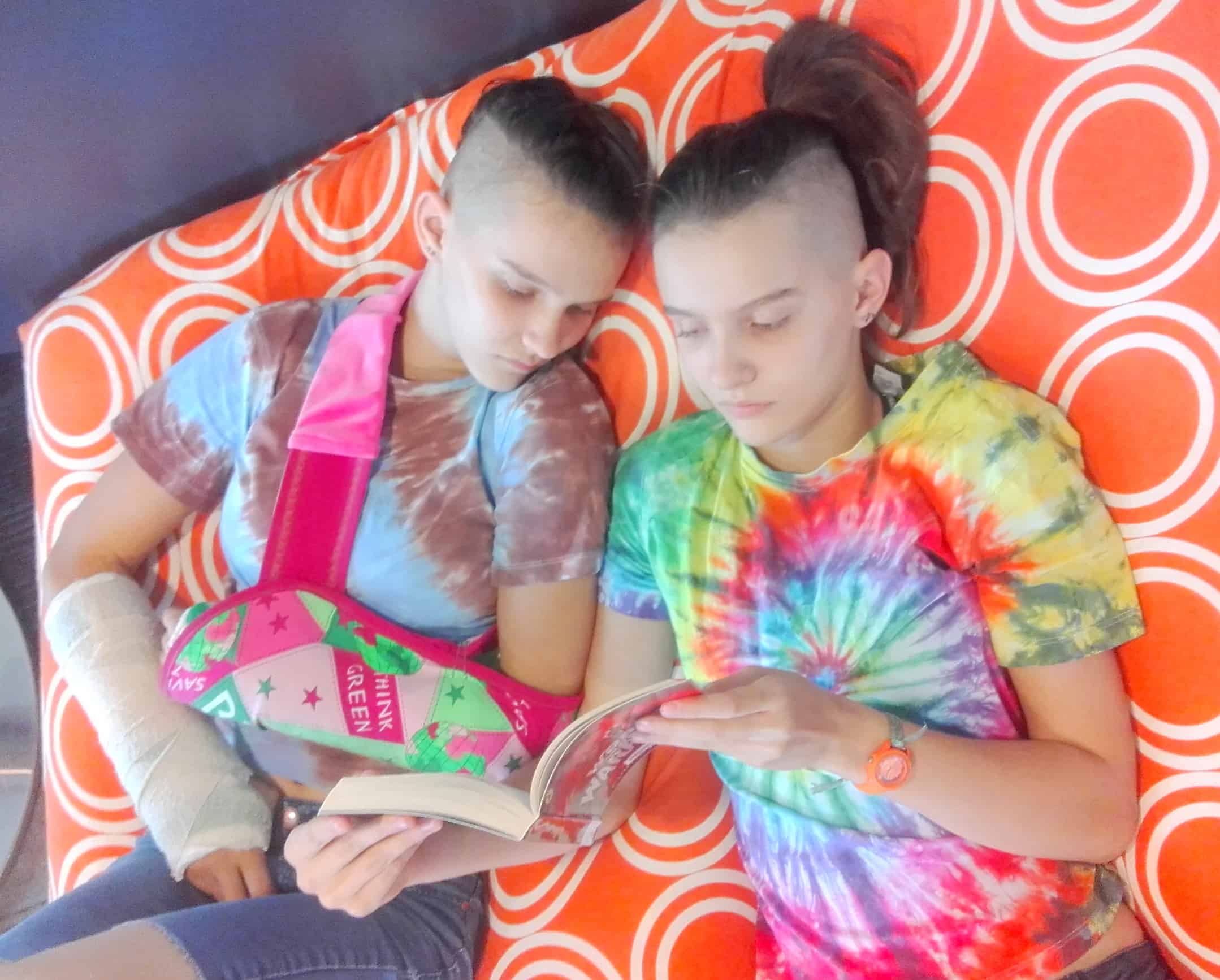
Here’s are the resources I used for my three girls and Forrest. They became independent readers (in our family that’s reading those Enid Blyton books) at 5, 6, 6, and 7.
Stairway to Reading – this is a remedial reading program, but teaches all the skills needed from scratch. You get structured lessons and reading material and bingo games to match them. The best part is that it’s FREE! A donation is encouraged, and when you see how wonderful this resource is you’ll be happy to give one.
Click here to download Stairway to Reading
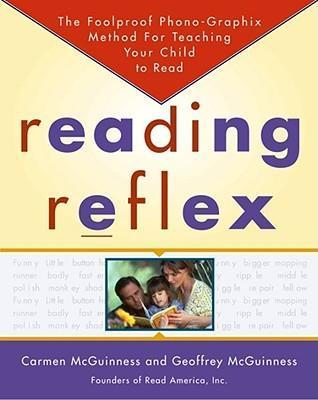
Reading Reflex
Stairway didn’t provide quite enough practice for my kids. It’s fair enough, it’s a supplement, not a full program. Reading Reflex is also a remedial program, with plenty of stories. It has a great introduction section for the parent which I found reassuring – it’s very confident about your ability to help your child.
We supplemented both with early readers borrowed from the library, lots of reading aloud (by them and me), and lots of snuggling up together. Physical contact makes hard work seem much more fun.
If you choose to use another program, make sure it gives your child instant results. Kids want to read, and they don’t need to learn every single letter sound, digraph and phoneme before they do. Some programs don’t provide reading material until lesson 30 or later – it’s simply too long to wait. Stairway to Reading and Reading Reflex provide reading practice after the first 12 sounds.
Step 3 – Rinse and repeat for children with special needs, or those who need more practice
The resources above will be enough for most children to master reading. However, if you have a child who struggles with reading or has additional needs you may need a more complete program. You may need to show your child something lots of times before it sinks in. They may not pick up patterns automatically, and may need a lot of extra help.
Most importantly, don’t have any expectations. When a child is running to their own schedule you need to accept that they may not read until much older than you want them to.
And that’s OK.
Stick to their ability, keep it fun, and stay patient. Easier said than done sometimes, I know.
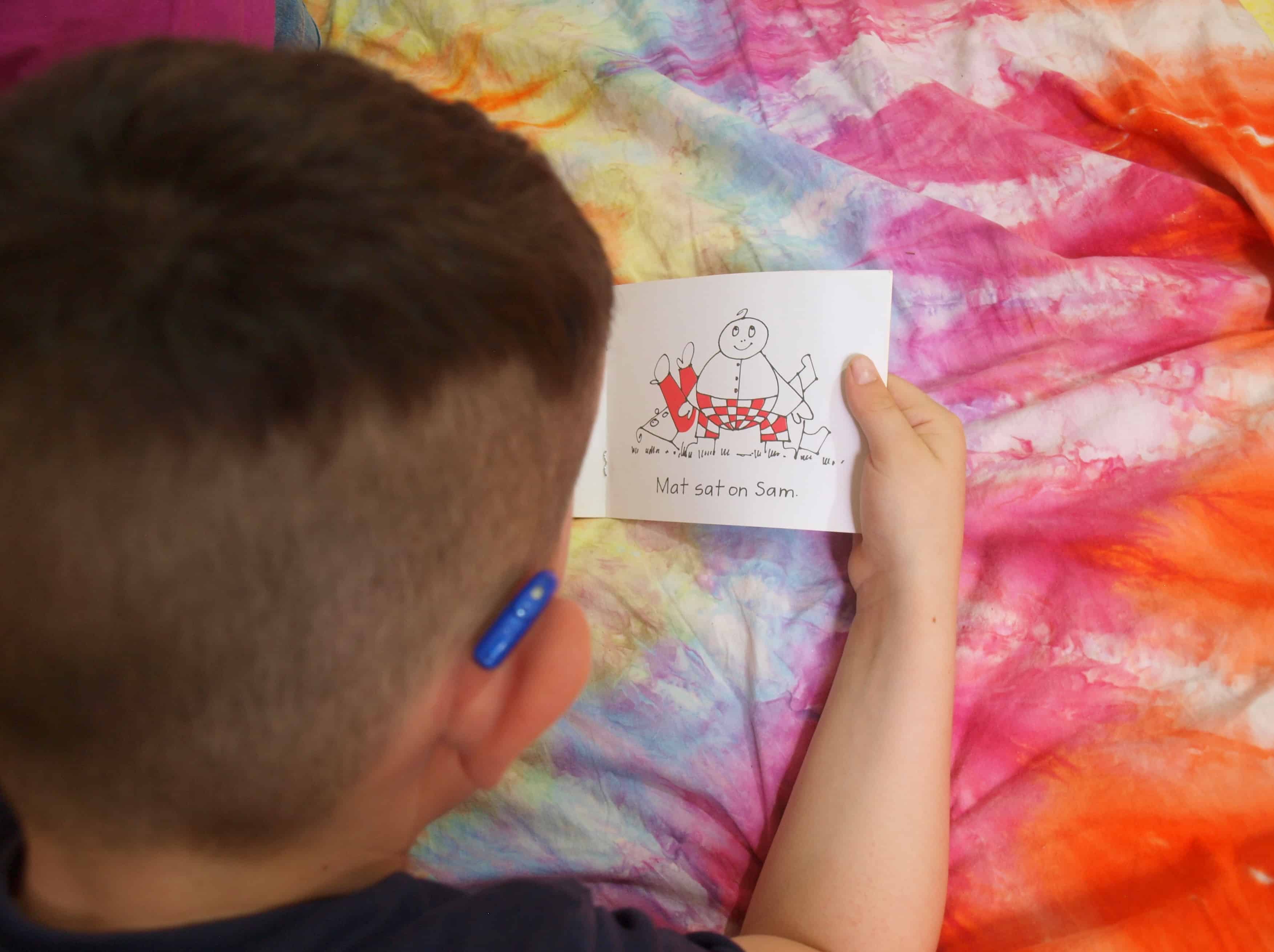
Rex is now 10, and isn’t reading independently. He can read beginning phonics readers by sounding out each word. While we use all of the resources listed above, here are the extras I’ve added in to give him more practice and repetition.
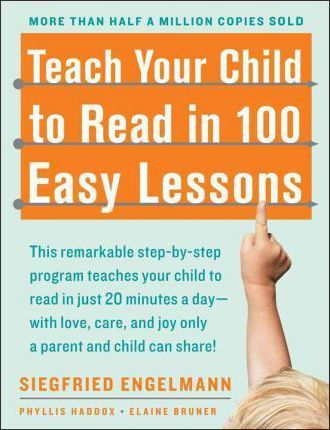
Teach your Child to Read in 100 Easy Lessons
This book is designed to teach your children from the start. It uses symbols and bolding with letters to show different sounds, which has been fantastic for a child who needs things pointed out to him.
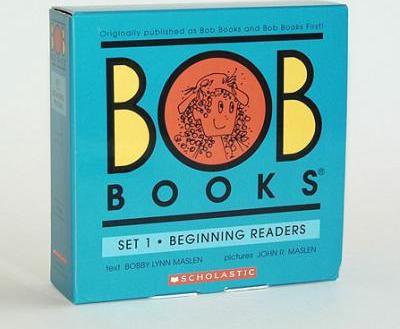
Bob Books
These are the best phonics readers I’ve ever seen! If I’d known about them when the girls were learning they would have used them too. They’re simple but interesting, and the grading in them is gradual and logical. Their progression matches all the programs I’ve listed.
2020 update – I’m updating this now Rex is 14. He’s since been formally diagnosed with a syndrome that causes moderate to severe developmental delay and intellectual disability – which is not news to us, but it’s nice to know for sure. He’s still making progress though, so we’ll continue reading aloud and doing short lessons
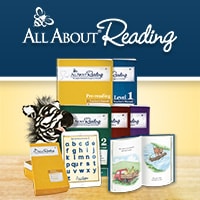
Since returning to Australia we’ve begun using All About Reading with Rex. I was very impressed with All About Spelling for my girls – it’s straightforward, simple, and not cluttered up with superfluous characters and activities. I’m incredibly impressed with it. It’s simple to use, it teaches every single thing needed (great for kids who won’t join the dots independently), and it’s entertaining enough to hold his attention. I wrote a detailed review of All About Reading – if you’re interested in a complete homeschool reading curriculum I highly recommend it.
Hopefully, this has encouraged you to let go of some of your stress around learning to read, and to give it a try. You really CAN do it, I promise! All you need to do is keep it positive and keep working at it.
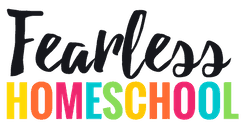
I began teaching my little boy his letters and sounds at age two. He picked up on it pretty quickly, so we went on to phonemic awareness (rhyming, beginning letter sounds, etc.) Just before he turned three, he began sounding out words and reading small sentences. I haven’t bought any curriculum or reading program. I wrote little books that I knew he could read. It wasn’t that difficult to teach him. I know that every child is different, but it is quite possible to teach your child to read.
Exactly Laura – it’s really not that hard in a literature-rich home. Well done with your efforts, it sounds like it’s all going well.
Kelly.
Thank you so much I just came back from a parent teacher conference with my son’s 1st grade teacher and I’m sitting in my Room in tears and frustrate …not knowing what to do to help my son. Your post has given me so much strength and courage thank you so much!!!!
So glad to hear it Nicole, I hope it all works out well for you and your son loves reading when he’s ready for it!
Another successful idea: A few years ago, pre- and elementary schools in Israel started a national project: Put aside specific time each day when parents and kids sit together and read for an agreed time.Mom can read to the younger ones and dad can read the newspaper. In addition, first 20 minutes at the beginning of the school day, the pupils would sit and read their favourite books AND the class teacher would also. She did not use this time to prepare work, etc.
The pupils were so used to doing this in their home language- i.e. Arabic or Hebrew that when they started to learn English, they could not wait to a period of silent reading in English. Worked very well after sport as it helped to quieten them down.
Barbara.
That’s a brilliant scheme Barbara, thanks for sharing.
Hi Kelly, is there an Australian supplier of All About Reading & Spelling products? I went to buy some online which is an American company & it won’t let me purchase as it says it can’t be shipped to my location. I’m in rural south WA. Chantelle
Hi Chantelle,
Unfortunately All About Learning had to stop shipping overseas due to the pandemic – but another company resumed shipping last week, so fingers crossed everything will be available again soon.
The Educational Warehouse might have some in stock.
https://www.theeducationalwarehouse.com/all-about-learning
Hope that helps,
Kelly.
Love this post! Link to your Facebook group doesn’t work. Please could you email it to me? Louisajones10@gmail.com x
Hi Louisa, I closed it down a few months ago because of lack of time. So sorry! I’ll remove the link now.
My daughter is 5 and my son is 3 and I can’t even get them to sit still to even teach them….I checked out “teach your child to read in 100 lessons” asks never got past the first lesson! I feel like i’m already behind with her and I just feel like i’m failing them both😞
Hi Dona,
I wouldn’t worry at all about that! Only one of my children began reading lessons at 5, because she was ready. The rest didn’t begin until 6 or later. They weren’t capable of mastering it before then. Keep reading aloud, play word games, do all of those pre-reading activities, and when they’re ready they’ll fly through it. Don’t stress for AT LEAST a year though!
Hello. I am new to homeschooling. How do you know when your child is ready to read? When they ask to learn it? Thanks.
Hi Erica, we waited until they asked, or until they were attempting to read. We always had lots of activities to do with reading and writing – games, toys, writing stories etc., and it was fairly easy to judge when they were developmentally capable by doing these with them. Hope that helps!
My twin sons are almost 8. They learned their ABC’s at 3 and locked down their letter sounds by 5 but are still not confident readers. We read everyday and they can read beginner easy readers on their own but they haven’t fully accepted that they can read. 2 months ago it really clicked for them and they began to read outloud but they get stressed if they read for too long. They have advanced days and days where they’ve forgotten the easiest sight words. I feel like we have hit a plateau and need to completely overhaul their curriculum. Or maybe there is something we are missing but I can’t figure out what it is.
That sounds pretty normal to me Corinne! I’m not an expert but my kids have all had plateaus, then bigger jumps. School lays out learning in an incremental, progressive way but I’ve found the jumps are more normal. If they’re still reading and still enjoying books there’s probably nothing to worry about. It is a hard skill and tiring to do and many kids don’t have a long tolerance for it – it took a long time for my youngest son to be able to sit and read for 15m.
My daughter is 8 (almost 9 now) and it “clicked” for her recently. We still didn’t force reading, except for lists or instructions (that she had to follow) and helped her whenever she stumbled so she didn’t learn bad habits. She has had phonemic awareness since she was 6 and knows all the sounds, just never wanted to put them together. Then one day she started reading signs as we drove past them. Not sure how long she had been doing it in her head but she just started reading them aloud. The real breakthrough is when I bought her a Percy Jackson novel. We have been listening to them on audible forever, but I bought her the guide to the greek gods which she hasn’t heard before. Because she knows the characters and is interested, she is reading ALL the time now – even when it’s screen time she chooses to read and the other day we were out and she pretended she was sick so we could leave early and she could read her book! Talk about reading for pleasure! Maybe your boys just need the right book to hook them in? And if not yet – soon. My girl always said reading isn’t her thing, and that she would never love to read (I’m a big reader and I think she was rebelling!) and now she’s off and away. It will happen if you don’t force it or tie it up with pressure. Audio books are excellent for extending their concentration span and also getting them into longer chapter books while they still can’t read fluently (and you have a household to manage and can’t read allllllllll the time) so I would highly recommend that as a tool to teach a love of reading also 🙂 good luck!
Thanks so much for this! We went through ‘letting go of comparison to other kids’ with my daughter when we pulled her out of school in year 1 (with no reading skills and a belief that she would NEVER be able to read – that took a loooooong time to unravel!) but now that my son is in year 1 I have somehow slipped back into the “oh no – he has to learn to read this year!!” mentality when frankly – he’s not ready! I really needed a gentle reminder and your post was just the thing. Thanks for sharing 🙂
You’re welcome Kea!
Hello, Thank you so much for sharing this. At this moment I am very overwhelmed with the fact my 3rd grader is having a hard time reading and writing. I asked for help and even summer school, but it just feels as if I am all on my own and that frightens me. I want the best for my boy and I just know that if he is able to read and right fluently all will be ok for him in school. At this moment he don’t enjoy school and that makes me sad. I am going to give your advice a try, and I already printed everything out and I am ready to teach my boy at home this summer. I wont give up on my boy even if the school system has. Thank you so much and God bless. I will let you know how it goes.
Hi Elizabeth, thanks for commenting. Your boy is so lucky to have you, best of luck to both of you!
Hi l am mother off 9 year old who has adah,ocd, and the some has your son.
I have a really big issue and would love to hear what you think.
I am homeschooling at the moment with every thing that’s going on.
My self are unable to read and spell at the right age leavel. My reading is getting better but my spelling is vary bad.
How do l teach my son??
Emma
Hi Emma,
You can learn right along with him, lots of parents do. I knew very little about history or grammar before I taught my kids so we just did it together. All About Spelling is a fantastic program, very step-by-step, and you don’t need to be good at spelling to deliver it, it’s all scripted and set out clearly.
https://www.allaboutlearningpress.net/go.php?id=1445&url=3765
There are resources like this for every subject, you can be a co-learner instead of teacher for virtually everything.
Hope that helps!